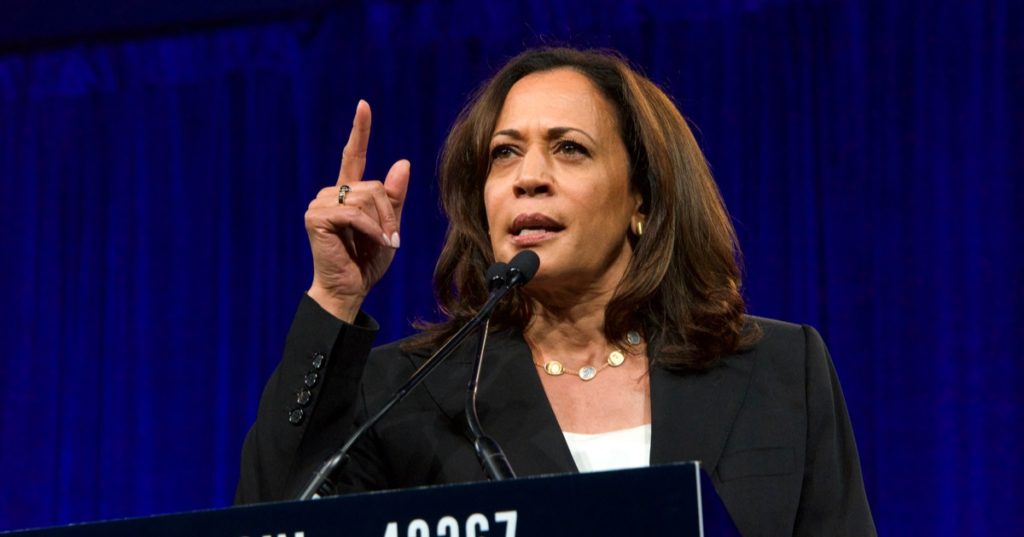





The U.S. Supreme Court opted not to review the appeals of two death row inmates, sparking sharp dissents from Justices Sonia Sotomayor and Ketanji Brown Jackson over concerns of justice mishandling.
The Death Penalty Information Center explained that the cases, involving Dillon Compton and Kurt Michaels, both raised serious allegations about the fairness of their trials. Compton’s appeal concerned gender discrimination during jury selection, while Michaels contested the use of his confession obtained after he had invoked his Miranda rights.
At the outset, Dillon Compton’s case emerged from Texas, where he was tried and convicted in 2018. His legal team challenged the jury selection process, arguing that there was a discriminatory reduction of female jurors by the prosecution.
The initial jury pool was composed of 55% women, but after peremptory strikes, only 33% of the jurors were female. According to the defense, this was a strategic move to influence the jury’s decision toward the death penalty.
Furthermore, racial demographics did not align with that of the population in Jones County, where Compton’s trial was held. Although the county has significant Black and Hispanic populations, the final jury included no Black members, despite two being available from the jury pool.
Justice Sonia Sotomayor, critiquing the jury selection in Compton's trial, emphasized that removing even one juror for discriminatory reasons violates constitutional rights. She highlighted a case where a woman juror, less favorable towards the death penalty than a selected male juror, was excluded.
Compton’s attorney, Jennae Swiergula, expressed disappointment with the Supreme Court’s decision, noting the failure to address what they see as clear discriminatory practices during the jury selection process.
Kurt Michaels' case stemmed from California, where he was accused and convicted of a murder allegedly instigated by his girlfriend. Key to his appeal was his confession, made after he had initially invoked his right to silence, a fundamental tenet protected by Miranda rights.
The confession was heavily used during his trial despite its contentious nature. Michaels’ background, including a history of mental illness and lack of a violent criminal record, was presented as mitigative during the trial but overshadowed by the weight of his confession in court deliberations.
Judge Marsha Berzon from the Ninth Circuit Court noted the potential impact of the confession on the trial’s outcome, suggesting that the introduction of such evidence might have unduly influenced the jury’s decision, which took more than three days of deliberation.
Justice Ketanji Brown Jackson's dissent focused on the handling of Michaels’ confession, criticizing the lower court panel for being inattentive to the prejudicial nature of such evidence, which could heavily sway a jury’s sentencing decision.
Both cases have stirred discussions on the integrity of court processes in capital cases, with advocacy groups like Texas Defender Service condemning the practice of jury discrimination as detrimental to the justice system as a whole.
Their statement echoed a broader concern that jury discrimination shapes outcomes that do not necessarily reflect community views, impacting the perceived fairness of judicial decisions.
These developments reflect ongoing tensions within the American legal framework, where issues of race, gender, and confession integrity continue to spawn legal debates and dissatisfaction concerning the criminal justice system's handling of death penalty cases.
The dissents by Justices Sotomayor and Jackson underscore a broader discourse on how marginalized groups are represented and treated in capital cases, highlighting potential biases that could affect the outcomes of death penalty contexts significantly.
As these legal battles unfold, the implications for societal trust in the justice system and its adherence to principles of fairness and constitutional rights remain profound and far-reaching.
In conclusion, the Supreme Court's decision not to review the cases of Dillon Compton and Kurt Michaels brings to light significant questions about jury selection biases, coerced confessions, and racial inequities in capital judicial proceedings. These issues, fervently addressed by Justice Sotomayor and Justice Jackson in their dissents, highlight ongoing concerns regarding the integrity and fairness of the American justice system, particularly in the context of the death penalty.



